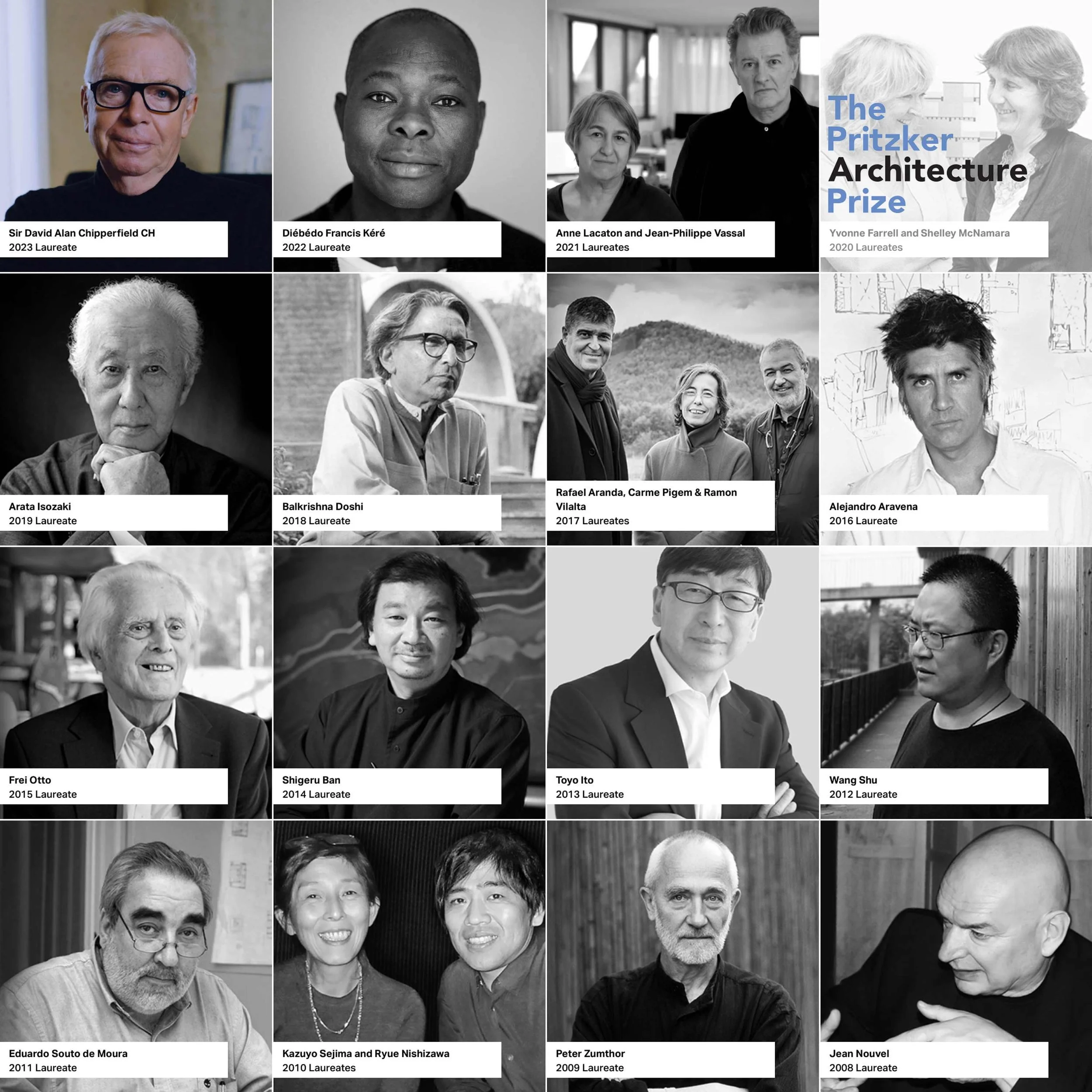Highlights - MICHAEL BEGLER - Showrunner of PERRY MASON starring Matthew Rhys, Juliet Rylance - THE KNICK starring Clive Owen, dir. Steven Soderbergh
/Showrunner · Writer & Executive Producer
Perry Mason starring Matthew Rhys, Juliet Rylance, Shea Whigham, Hope Davis
The Knick starring Clive Owen · directed by Steven Soderbergh
Storytelling is our oldest art form. We can't silence the arts and those voices because if we do, we lose something that is so crucial to who we are just as human beings. We want to tell stories. We want to express things. For example, I cannot draw. And one day the teacher wanted us to do negative space drawings. And I said, "What is that?" And they explained that it's looking at what's around the object and not the object. And it clicked, and it made me look at things from a whole different perspective. And you know, what? That became where I was most successful. And so for me, there's are an infinite number of ways to tell a story that you never run out of ideas, that you can always find another road, another way to look at something. That's probably one of the key elements to my career.



















